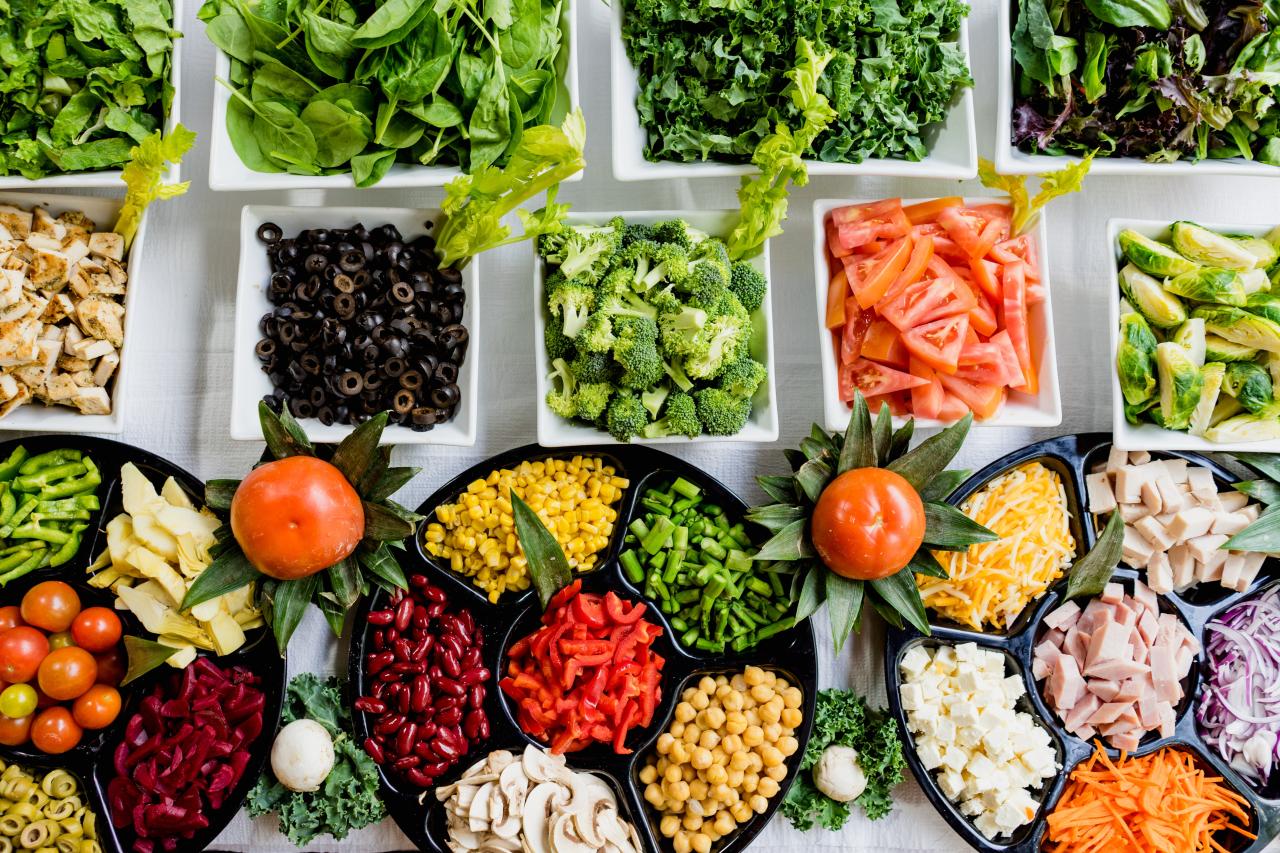We all have an idea as to what a healthy life consists of: a balanced diet, regular exercise, sufficient sleep, and so on. However, life sometimes gets in the way of one or more of these factors, and with modern technology we have ways of catching up with little cheats. Many people do this by adding supplements to their diet.
We’ve already written about the potential dangers of taking out-of-date meds, and of the risk you run by taking too much vitamin D, but there’s another very common one that you have to watch out for: multivitamins. NHS oncologist Dr Mohammad Muneeb Khan has explained how these supplements are linked to your risk of getting cancer.
Multivitamins and cancer
The charity Killing Cancer Kindly was the one to sound the alarm on this matter. They said that multivitamin products should contain the same warnings as tobacco, given that they could increase your risk of getting cancer by a worrying 30%. When you consider that around half of the UK population take a daily supplement, this becomes even more concerning.
Discover our latest podcast
The charity explained that multivitamins ‘bombard the body with huge doses of wholly unnecessary nutrients’. Dr Khan agreed, saying:
Synthetic pills contain obscenely high and wholly unnecessary volumes of micronutrient that far exceed what the average human body requires. These tiny organic compounds are so numerous that our organs struggle to use them, and they’re left, in effect, to float about the body.
How does this lead to cancer?
The problem with this is that ‘these excess multivitamins are readily available to feed the hundreds of potentially cancerous cells that are made in our body every day. Normally, our body has the capability to destroy these cancer cells effectively but this becomes a challenge when they are well fed and able to increase in number quickly.’
The oncologist continued:
Imagine hundreds of ravenous little Pac-Men running around and gobbling everything up and then multiplying in number exponentially over time until they are able to completely overrun our body’s anti-cancer defences such as the immune system.
So, what should be done to combat this issue? According to Dr Khan, ‘the solution, as controversial as it may at first appear, is to reclassify multivitamins as a drug and make people aware of their side effects’.
The same issue does not exist with natural vitamins, given that they are released slowly in the body. Synthetic ones, however, are rapidly absorbed, thereby ‘flooding the body with more than it can use’.
Read more:
⋙ Continuous pain in these three body parts could be a sign of cancer
⋙ Painkillers: How many of this common medication is safe to take, according to doctors?
⋙ These 3 medications cause the highest deaths in the UK, check whether you have them at home
Sources used:
Mirror: Some multivitamins may increase cancer risk by 30 per cent, charity warns
National Library of Medicine: Multivitamin Use and Overall and Site-Specific Cancer Risks in the National Institutes of Health–AARP Diet and Health Study















